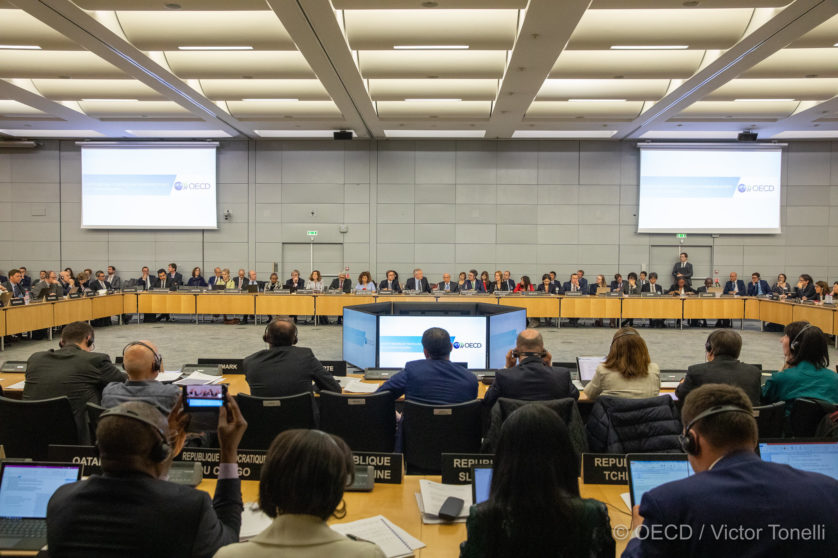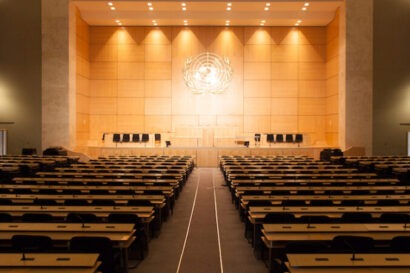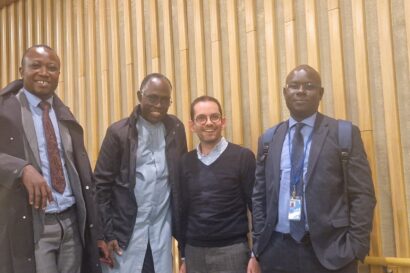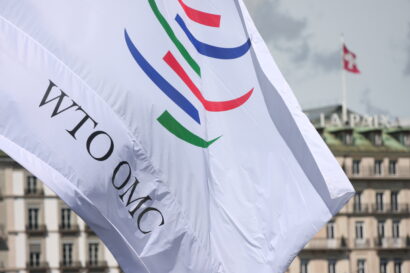When the OECD’s ‘Inclusive Framework’ invited public input on the possible solutions to the tax challenges of digitalization in February 2019, there was some enthusiasm that the renewed effort would address the overall imbalance in the allocation of taxing rights. The hard and soft law of international tax rules prevents countries taxing multinational enterprises (MNEs) outside the framework of these rights, and it is now widely accepted that not enough are allocated to ‘source’ jurisdictions – those in which MNEs do business, as opposed to the ‘residence’ jurisdictions in which they are headquartered.
As the debate has moved on, however, an entirely new concept has been coined by the OECD: ‘the new taxing right’. This seeks to allocate a greater claim to tax an MNE’s profits to the ‘market’ jurisdictions, in which value is created by, often remote, participation in its economy. It is distinctly different to the ‘source’ jurisdiction. Whilst the source jurisdiction relies on some level of physical presence MNE, either directly or through an agent, the market jurisdiction is likely to be defined purely on the basis of the number of customers or users. This distinct difference sets the agenda as separate from the need for balancing the allocation of taxing rights in favor of source jurisdictions.
As a result, African countries must now begin to consider whether this new taxing right would be able to capture MNE profits earned in their jurisdictions for the purposes of taxation. Overall, the digital economy has sustained the ability of MNEs to operate in our markets without regulation, whilst accessing cheap labor, collecting user data and profiting from it (at times misusing it), maintaining a monopoly by shutting out or buying out competitors, and not paying taxes. In determining whether current proposals could be appropriate, African revenue authorities and policy makers, in conjunction, should evaluate the following:
- Is there adequate information available to benefit from profit allocation under a market jurisdiction framework? Over the past few years, governments working through the OECD have introduced a number of tools to increase tax authorities’ access to information about multinational taxpayers, but there are concerns about the extent to which developing countries will be able to benefit. Is there an adequate infrastructure to facilitate the necessary transparency, and how willing will MNEs be to share data on the number of users or destination of sales?
- Are there adequate systems and is there sufficient compliance with those systems to implement these new rules? Consider how connected our overall populations are to the digital space (electricity, network connectivity, access to smart phones or computers and overall digital/data literacy). Policymakers will need to collaborate to address digital inequality and overall inequality as well as the legal protections required for our jurisdictions to ensure there is no misuse of data.
- Do these rules prevent the expansion and growth of our home grown MNEs? Consider whether our micro, small and medium enterprises (MSMEs) may be challenged by the expense of complying with measures targeted at larger companies, such as equalization levies, excise duties and Value Added Tax. More importantly, does the non-taxation of MNEs permit them to dominate our digital spaces?
- As traditional source jurisdictions, do the current proposals give rise to the risk of a further decrease in taxing rights? Consider specific sectors like the extractives industry, in which African countries are the source of raw materials, but not the ‘market’ jurisdiction. Could the new taxing right result in a reallocation of a significant portion of profits away from the source jurisdiction?
Tax administrators and policymakers engaging in this global debate must remember that one purpose of taxing MNEs is to ensure a fair system for all companies, especially MSMEs. Tax is an obligation that most formal domestic companies are required to meet and MNEs, through their ability to tax plan, restructure, operate without physical presence, and drive tax competition between states, are able to bypass. This means that digitized MNEs are subsidized through non-taxation.
How then can African countries ensure that they benefit from this global debate on the tax challenges of the digitalized economy and ‘the new taxing right’?
- Consolidate positions for a more powerful voice.
- Ensure our context is represented and respected in the global debate – this includes identifying areas where we could lose out, such as the extractives sector.
- Simplicity is key, emphasize the need for this and quickly determine what our systems need in order to respond effectively – our administration and policy will need to catch up.
- The global debate is about surrendering our taxing rights and this means that African countries must protect their taxing rights as growing economies that have yet to close the digital divide and need to protect their emerging MSMEs.
Joy Ndubai shares her reflections following the ICTD/BEPS Monitoring Group workshop on the tax challenges of the digitalisation of the economy in the video below:



